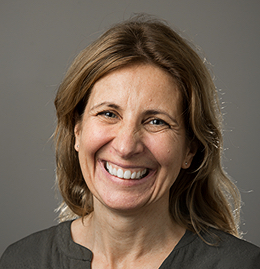Learn about research from both sides of the process.
The information you read in your textbooks and learn about in courses comes from studies just like those being conducted at UMKC. Because you attend a research-intensive university, you have the unique opportunity to collaborate with faculty and also volunteer as research participants.
Mentored research experiences with nationally known scholars advance our knowledge of human behavior and help our students develop research and analysis skills. Every year many of our undergraduate students work with faculty mentors on research projects. Most present their work at research conferences here at UMKC, and some have even presented their findings at national or international conferences.
Students in PSYCH 490/491 work independently under the supervision of a research mentor and participate as research assistants on research projects. These courses can be taken for one to three credit hours during the 16-week semester. Generally, students are expected to work three hours per week for each credit in which they are enrolled.
Students who participate in a faculty research project may have the opportunity to present the outcome of their work at local, regional or national conferences. All PSYCH 490/491 students are encouraged to present their projects at the annual UMKC Symposium of Undergraduate Research and Creative Scholarship held each spring.
Many faculty members offer extra credit for research participation and some of the studies offer to compensate you for your time. Some projects require you to come to one of the faculty labs at 5030 Cherry Hall, while some can be completed online. Some of the studies require your time for a very short period and others are more involved.
Some projects require you to come to one of the faculty labs at 5030 Cherry Hall, while some can be completed online. Some of the studies require your time for a very short period and others are more involved.
Please make a note of the building and room number, date and time of appointment, and name of experimenter. After you participate, the experimenter should assess credit (unless this is a paid study) within 24 hours. If you have not received credit after 24 hourrs, contact the experimenter. The use of factoring these credits into your class grade is at the discretion of the instructor.
Our faculty have a wide range of research interests and enjoy mentoring both doctoral and undergraduate students who are interested in working with their team!
At UMKC, our faculty come from clinical and experimental traditions, including social psychology, cognitive science and quantitative psychology. They have active programs of research and invite student participation in their projects. Research areas range from understanding basic cognitive and emotional processes to more applied questions related to the impact of crime and victimization, the adaptation of refugees in Kansas City and the promotion of better food choices by children.
